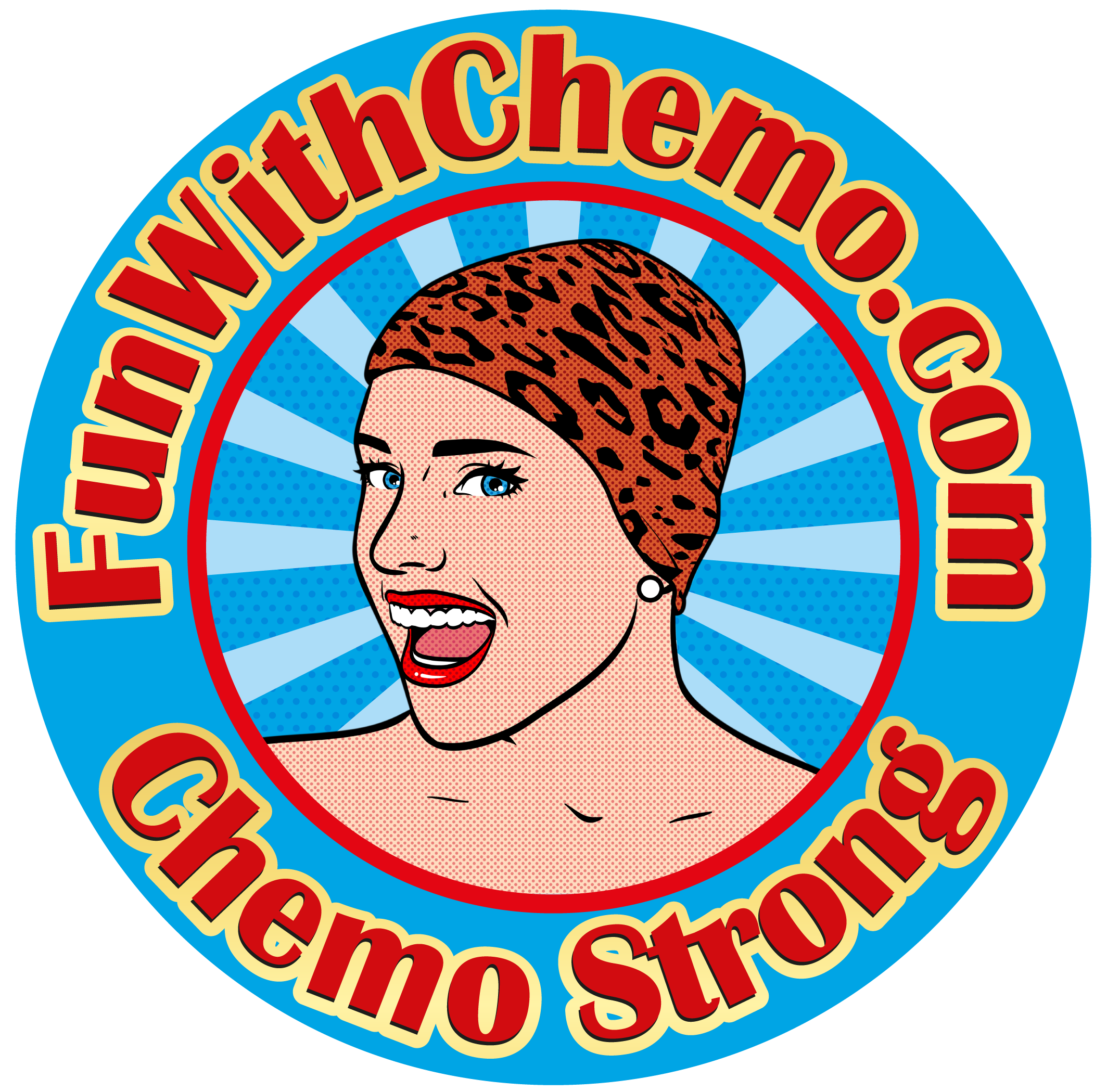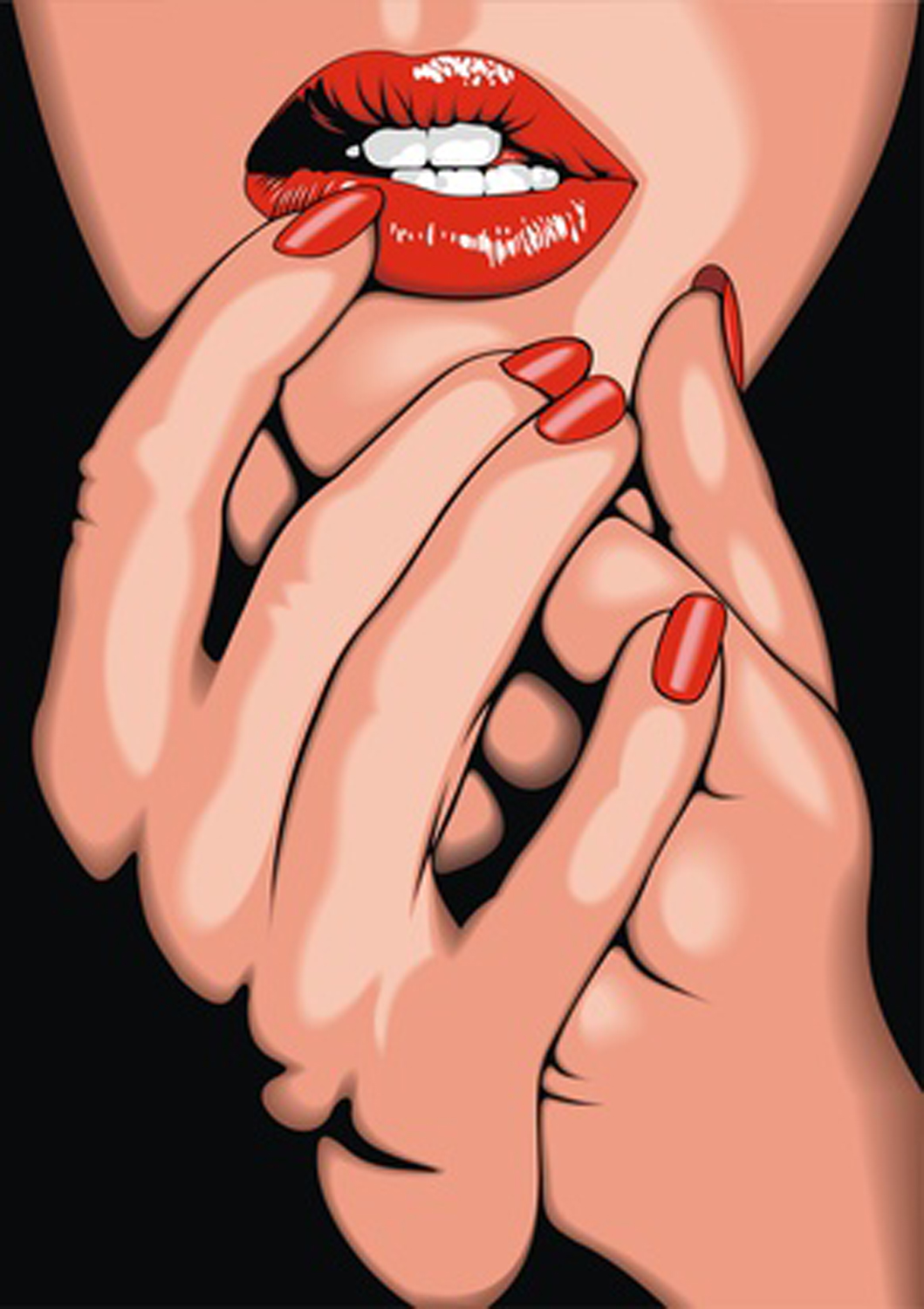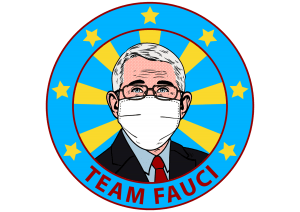Chemotherapy (chemo) leaves your body through your urine, bowel movements, sweat, tears, blood, semen, vaginal secretions and vomit. Body fluids that get on your skin or another’s skin may cause damage. You can follow certain steps to keep you and others safe. Follow these steps for 48 hours after you get chemo or as directed by your healthcare provider. If you get chemo every day, follow these steps until your healthcare provider tells you to stop.
Wash your hands:
Always wash your hands with warm water and soap after you use the bathroom. Use a paper towel instead of a cloth towel to dry your hands. This will decrease the risk that your body fluids will get on others.
Personal Hygiene
For the first 48 hours after a chemotherapy treatment, patients should double flush after using the toilet. The use of a separate toilet may be a good option during this period. Frequent toilet cleaning to wipe away splashes reduces the possibility of accidental exposure among family members and pets. Always wear gloves when cleaning the commode. Thorough handwashing with soap and water before leaving the bathroom is essential. If body fluids contact the skin, wash the area immediately. Use disposable gloves when cleaning up body fluid accidents and discard them immediately after use.
Use your own toilet:
Have family and visitors use a separate toilet. This will decrease the risk that your body fluids will get on their skin. If it is not possible to use your own toilet, flush the toilet 2 times. Wear gloves and clean the toilet after you use it.
Prevent splashing body fluids:
Place the lid down before you flush the toilet. Both men and women should sit on the toilet.
Caregivers should wear 2 pairs of gloves:
Ask your healthcare provider where to buy gloves. Caregivers should wear gloves any time they need to clean the bathroom or handle your body fluids or laundry. This includes any time they need to empty your ostomy or other drains. Caregivers should always wash their hands with warm water and soap after they clean. If body fluids get on a caregiver’s skin they should wash the area right away with soap and warm water. You or your caregiver should tell your healthcare provider if this happens.
Wash laundry as soon as possible:
Do not wash any laundry by hand. Wash clothes and sheets in a washing machine with warm water and detergent. If clothes or sheets cannot be washed right away, place them in a plastic bag. Seal the bag. Any clothing or linen that has been soiled with body fluids should be laundered separately. Wash the items in hot water with regular detergent. Family members should not share eating utensils or drinks for a couple of days following chemotherapy treatment.
Throw away trash in 2 plastic bags:
This may include trash that has adult diapers, underwear, or sanitary pads in it. Seal this trash in 2 plastic bags before you throw it away with other trash.
Do not let a pregnant woman handle your body fluids or laundry:
Chemo can harm her unborn baby. Pregnant or breast-feeding women should take extra caution when caring for a loved one undergoing chemotherapy treatment. A single chemotherapy exposure is unlikely to cause problems. However, repeated exposure can be dangerous. When patients take chemotherapy at home via small pumps or by mouth, additional safety instructions should be obtained from the doctor.
Preventing pregnancy during and for a few months following the completion of treatment is important because chemotherapy drugs may cause birth defects.
Chemotherapy leaves you more vulnerable to infection. It’s a good idea for family members to take extra precautions to avoid getting sick and affecting your health.
Wash your hands frequently with soap and water, keep hand sanitizer available, and have guests remove their shoes before entering your home. Keep household surfaces clean and take caution in food preparation and cooking.
If a family member does become ill, avoid close contact until they get better.
Is This an Emergency?
If you are experiencing serious medical symptoms, seek emergency treatment immediately.
Potential Exposure
The body eliminates most chemotherapy drugs within the first 48 hours following treatment. The drugs may be present in all body fluids, including urine, stool, vomit, blood, tears, semen, and vaginal secretions. It is important for the patient, caregivers, and other household members to avoid physical contact with body fluids for the first 48 hours after treatment to prevent accidental exposure to chemotherapy medications.
Preventing Infection
Because chemotherapy reduces the body’s ability to fight infections, patients should take precautions to prevent infection. Those undergoing treatment should avoid people who are sick and large crowds. Frequent and thorough hand washing reduces the likelihood of contracting an infectious illness. Precautions to avoid minor cuts and scrapes also reduces the possibility of accidental infection.
Pregnancy Prevention
Avoiding sexual activity or using a condom for the first 48 hours after chemotherapy prevents potential medication exposure through semen and vaginal secretions. Preventing pregnancy during and for a few months following the completion of treatment is important because chemotherapy drugs may cause birth defects. Many doctors recommend the use of two different forms of birth control during this time. Discuss this issue with your doctor if you have questions. If pregnancy occurs during treatment, notify your doctor right away.
Other Considerations
Pregnant or breast feeding women should take extra caution when caring for a loved one undergoing chemotherapy treatment. A single chemotherapy exposure is unlikely to cause problems. However, repeated exposure can be dangerous. When patients take chemotherapy at home via small pumps or by mouth, additional safety instructions should be obtained from the doctor.
The Wrap Up
- Chemotherapy drugs are powerful medications that can be potentially dangerous to household members and caregivers.
- Most people receive chemotherapy by an intravenous route in a clinic and are monitored by nurses administering the drugs.
- It is important for the patient, caregivers and other household members to avoid physical contact with body fluids for the first 48 hours after treatment to prevent accidental exposure to chemotherapy medications.
- Frequent toilet cleaning to wipe away splashes reduces the possibility of accidental exposure among family members and pets.
- Thorough hand washing with soap and water before leaving the bathroom is essential.
- Preventing pregnancy during and for a few months following the completion of treatment is important because chemotherapy drugs may cause birth defects.
- Discuss this issue with your doctor if you have questions.





